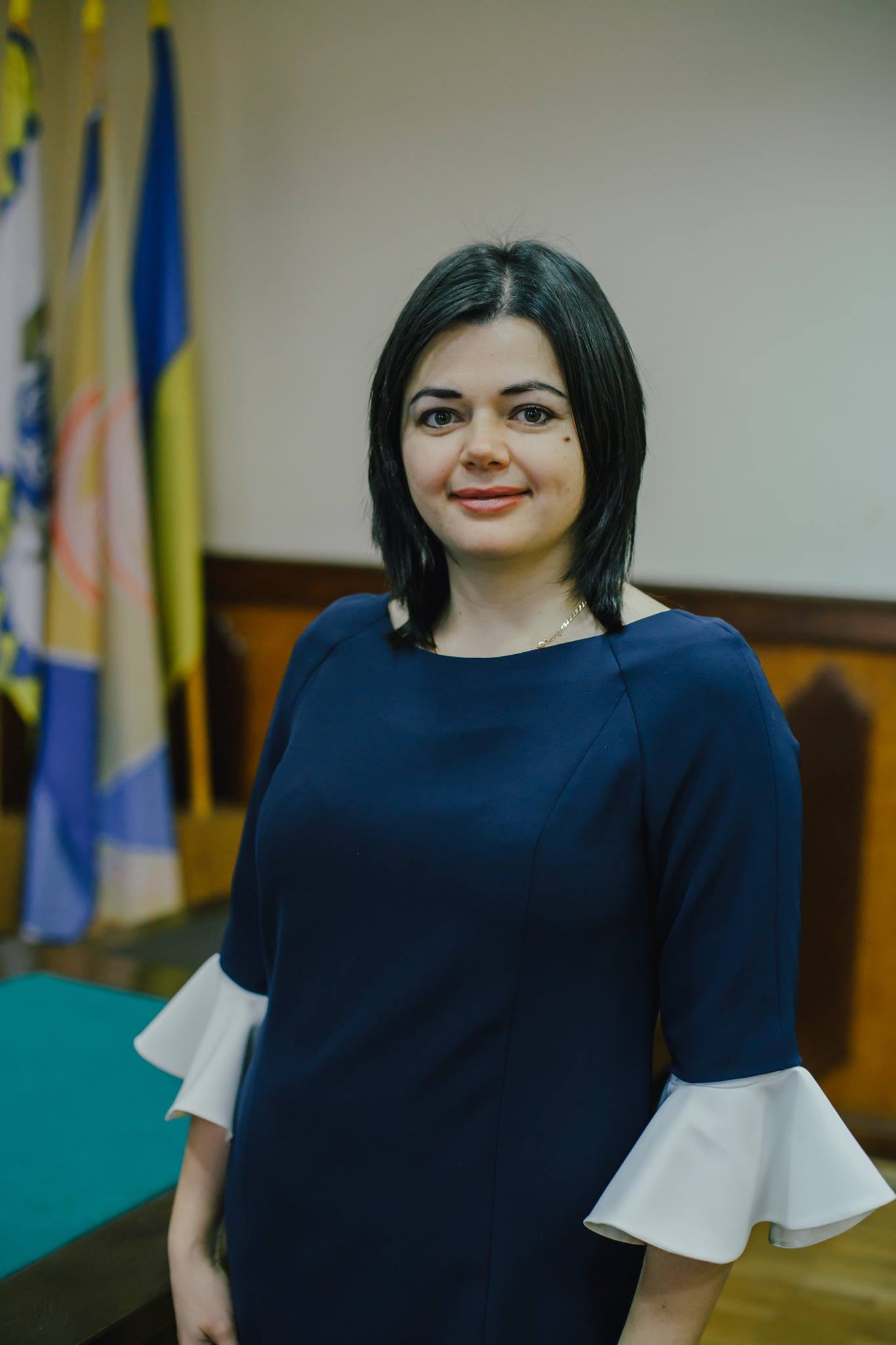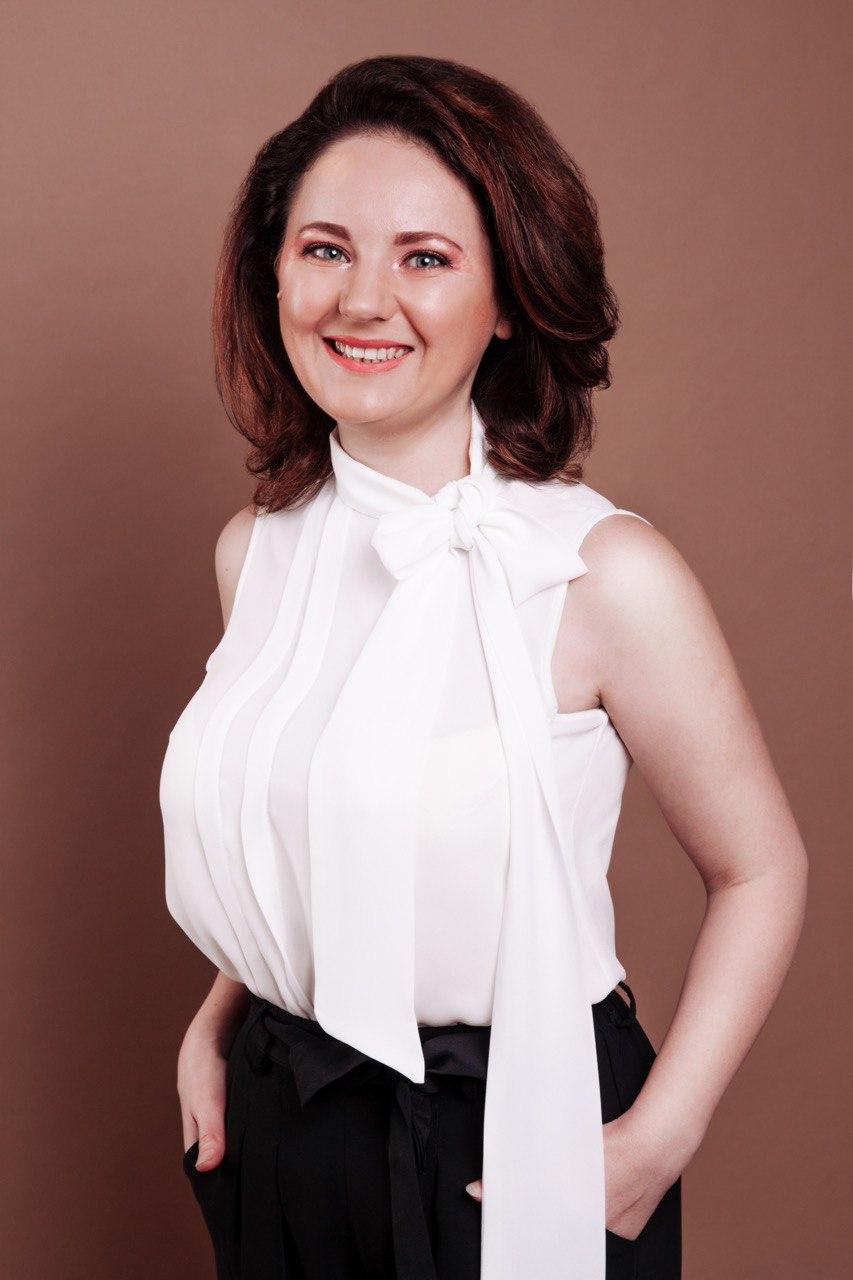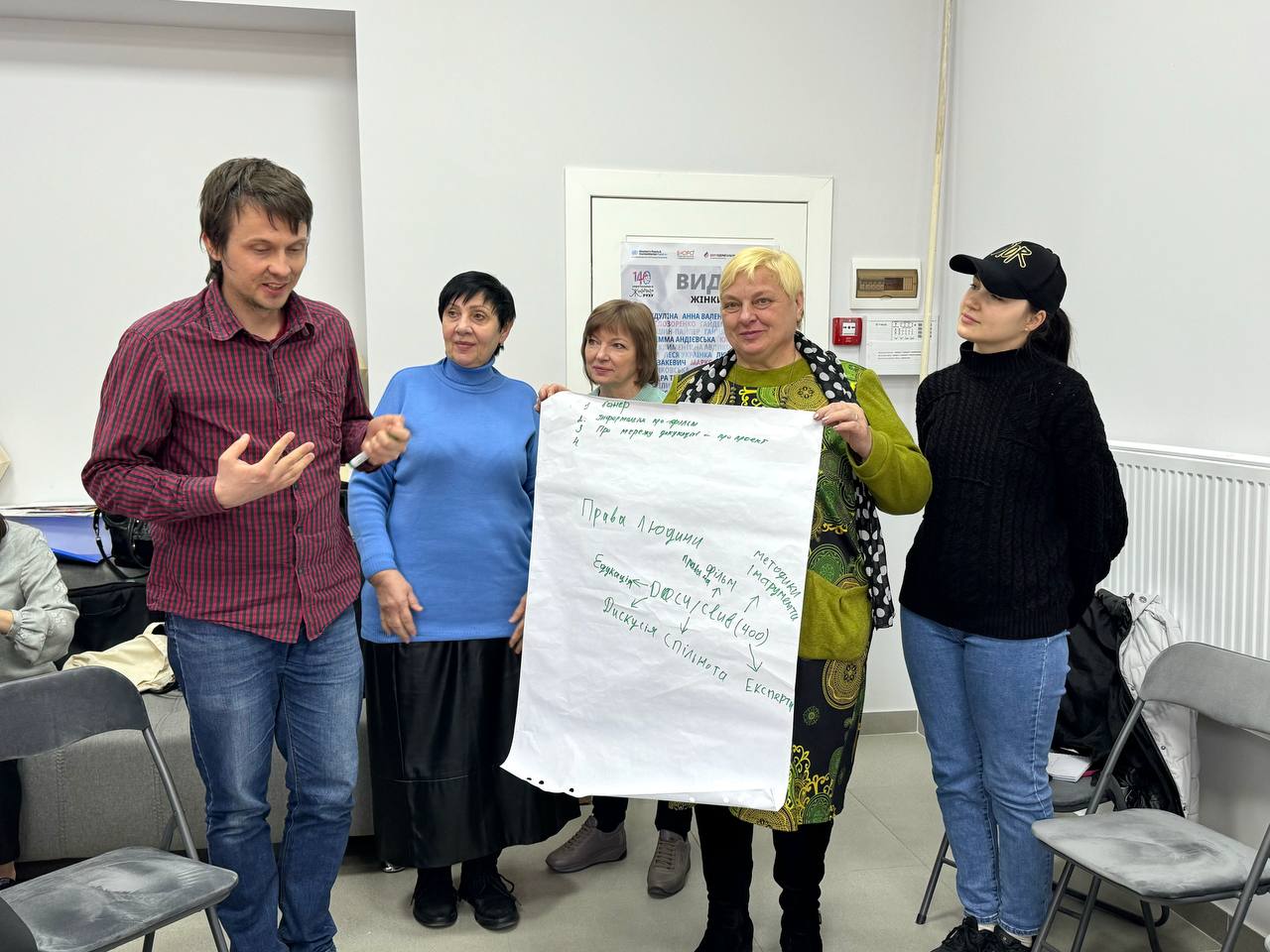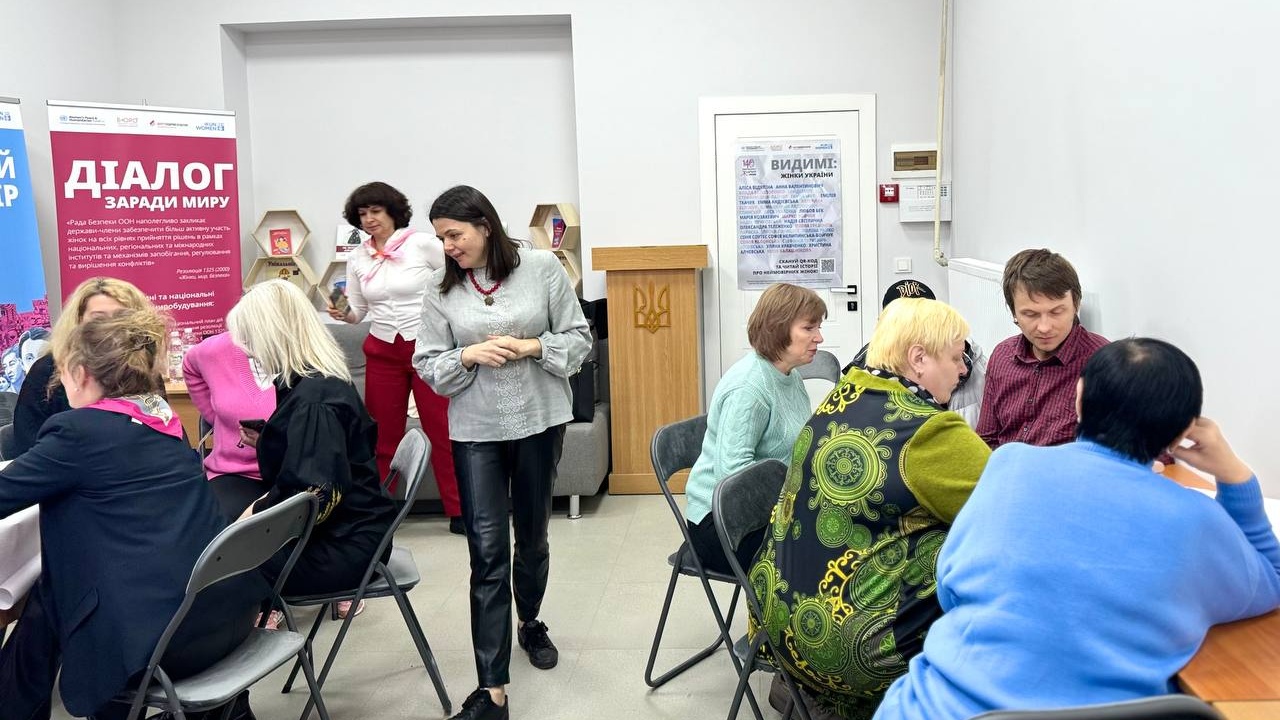18 moderators from all regions of Ukraine met in the Transcarpathian region to share their experience of human rights education within film clubs and to gain new knowledge during a training on working with emotionally difficult topics. It is no coincidence that Uzhhorod became a meeting place for the film club community. One of the best film clubs in the Network, the “Alternative” Film Club at the Law Faculty of the Uzhhorod National University, has been successfully operating in the city for over 10 years. It is moderated by Maria Mendzhul, Professor of the Department of Civil Law and Procedure at the UzhNU Law Faculty, and Maria Symkovych, Head of the Educational Center “Insider.” Both moderators have been regional coordinators of the Docudays UA Travelling Human Rights Documentary Film Festival in Transcarpathia, which has long been a prominent event in the region, for 11 years in a row. While the Travelling Festival takes place only once a year in November-December, the film club allows for systematic work with the audience. Throughout the year, the moderators invite their viewers to watch the best documentaries by Ukrainian and international filmmakers, discuss them, and jointly implement interesting and useful projects for the city. Members of the “Alternative” work with representatives of the city's student government, organize film screenings and discussions for people in the Transcarpathian Penitentiary #9, join volunteer work in the Uzhhorod Botanical Garden, and screen films at the Tivadar Lehoczky Transcarpathian Regional Museum of Local Lore. These and other activities are inspired by documentary cinema, and film discussions give rise to ideas that help their city and its residents.
 Maria Mendzhul
Maria Mendzhul
“Documentaries are an interactive learning tool. We often invite youth – students, schoolchildren, and everyone else – to our screenings and hold events in an educational environment. Documentary films about human rights always provide a space for reflection. Young people are the young field in which the seeds of critical thinking, perception, and respect for dignity and human rights can be planted very well through documentaries. The youth sees real people and their stories on the screen. We can discuss life events and facts rather than theoretical problems taken from books or textbooks. We can empathize with them, share our reflections, and quite often even change our attitude and understanding of human rights,” says Maria Mendzhul. This year, the DOCU/CLUB Network team invited Maria Mendzhul and Maria Symkovych to share their experience of the Uzhhorod film club and become mentors in the training program for the Network's “young” film clubs. “We have a lot of experience in teaching both children and adults, but mentoring was a challenge for us,” admitted Maria Mendzhul. “Library managers, community activists, and educational workers with considerable work and life experience took part in the program. We taught them to work with documentaries and tried to improve their skills in organizing screenings so that they could use documentary films as a tool for influencing and educating the audience.” Maria Symkovych Maria Symkovych adds, “We have learned a lot from this work. New people help us see familiar films from a different perspective, from which fresh ideas and experiments emerge. We have collaborations with film club moderators from other regions of Ukraine. I held a remote conference with a film club from the city of Kamianske in the Dnipro region. It was a very good idea. Students from Uzhhorod and Kamianske watched and discussed the film together, and we prepared interactive exercises and tasks for them. Everyone was delighted. This meeting resulted in another action – the children made their own postcards and gifts and exchanged them via Nova Poshta. Now I plan to hold a similar remote conference for an adult audience of volunteers. There is a very active volunteer community in Kamianske, which does interesting work. We will watch documentaries together, share our experience, and launch similar initiatives in Uzhhorod.” The war poses new challenges for film club moderators. “There is a great demand for films about the war and the events taking place in Ukraine,” says Maria Mendzhul. “People want to watch and discuss them. But we need to prepare for such screenings very carefully, because they can be traumatic for some viewers, especially those who have seen the war with their own eyes. In Uzhhorod, there are many internally displaced people, both adults and youngsters.” “These are the realities of our lives. It is important that people know the stories of the heroes who defend our country and the volunteers who help the army,” adds Maria. “Such stories are empowering, but moderators need to learn how to discuss films in order to psychologically support their viewers.” Participants of the DOCU/CLUB Network seminar for moderators of human rights documentary film clubs This is precisely what the moderators of the DOCU/CLUB Network film clubs learned during the seminar in Uzhhorod. Within the framework of the seminar, experts in film club work – Khrystyna Hataliak, moderator of the Lviv Docudays UA film club at the Patronus NGO, and Oleh Ohredko, the moderator of the Docudays UA film club at the Almenda Center for Civic Education in Chornomorsk, Odesa region – conducted trainings for their novice colleagues. “A live meeting cannot be compared to online communication. We gained useful knowledge, found common grounds, and came up with joint projects. The fact that film club moderators from all over Ukraine came to Uzhhorod expands the horizons of our work and opens up more opportunities. I am sure that we will definitely continue to communicate, because we would like to implement many more ideas,” emphasized Maria Symkovych. Guests of the seminar returned home from Uzhhorod with gratitude for the hospitality and intense communication. “Thanks to Uzhhorod for unforgettable acquaintances and important knowledge,” wrote Svitlana Voloshyna, moderator of the Docudays UA film club from Kehychivka in Kharkiv region. “I took a lot of useful and interesting insights with me, and I'm coming back to Zhytomyr with new ideas,” shares Nataliya Radushynska, moderator of the Zhytomyr film club. Such feedback means that the cooperation between the film clubs, which began in Uzhhorod, will definitely continue.


